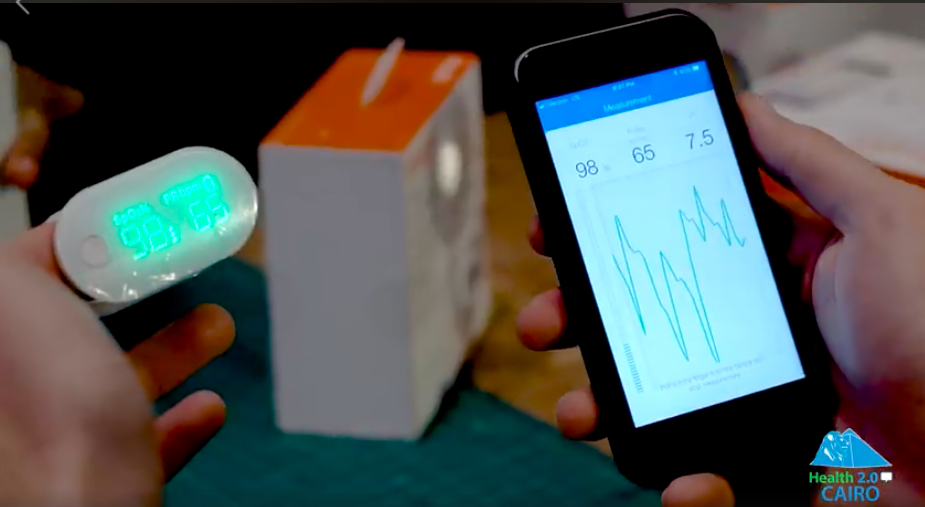This article aims to provide an overview of healthcare hackathons and competitions that are focused on healthcare innovation. The article will explore the various types of healthcare hackathons and competitions, the benefits of participating in them, and how they contribute to the advancement of healthcare.
The healthcare industry is constantly evolving, with new technology and innovations being developed every day. Healthcare hackathons and competitions are events that provide a platform for healthcare professionals, researchers, and innovators to come together and collaborate on new ideas and solutions that can improve healthcare outcomes. These events have become increasingly popular in recent years, with many organizations hosting them globally.
Types of Healthcare Hackathons and Competitions:
Healthcare hackathons and competitions come in various types, each with its unique objectives and focus areas. These events are designed to bring together healthcare professionals, researchers, and innovators to collaborate on new ideas and solutions that can improve healthcare outcomes.

Here are some of the most common types of healthcare hackathons and competitions:
- Code-a-Thon: The Code-a-Thon is focused on developing software solutions for healthcare problems. Participants work in teams to create new software applications or improve existing ones that can enhance healthcare delivery or patient outcomes. Examples of software solutions that can be developed during a Code-a-Thon include electronic health record systems, telemedicine platforms, and patient engagement apps.
- Data Hackathon: The Data Hackathon is focused on analyzing and interpreting healthcare data to gain insights that can lead to better patient outcomes. Participants work in teams to develop algorithms and machine-learning models that can help healthcare providers make more informed decisions. Examples of healthcare data that can be analyzed during a Data Hackathon include electronic health records, medical imaging data, and clinical trial data.
- Make-a-Thon: The Make-a-Thon is focused on developing physical products, such as medical devices, that can be used in healthcare. Participants work in teams to design, prototype, and test new medical devices that can improve patient outcomes or enhance the efficiency of healthcare delivery. Examples of medical devices that can be developed during a Make-a-Thon include wearables, diagnostic tools, and rehabilitation devices.
- Startup Competition: The Startup Competition is focused on identifying and supporting innovative healthcare startups that have the potential to disrupt the healthcare industry. Participants pitch their startup ideas to a panel of judges who evaluate the potential of the idea and the team behind it. Winners of the competition may receive funding, mentorship, and other resources to help them bring their startup to market.
- Design Thinking Challenge: The Design Thinking Challenge is focused on developing user-centered healthcare solutions that can improve patient outcomes and enhance the patient experience. Participants work in teams to identify healthcare problems and develop solutions that are focused on the needs and preferences of patients. Examples of solutions that can be developed during a Design Thinking Challenge include patient education materials, healthcare facility designs, and healthcare communication platforms.
- Open Innovation Challenge: The Open Innovation Challenge is focused on identifying and solving healthcare problems through collaboration and open innovation. Participants work in teams to develop solutions to specific healthcare challenges that are posted by the event organizers. The solutions are evaluated by a panel of judges, and the winners may receive funding, mentorship, and other resources to help them bring their ideas to market.
In summary, healthcare hackathons and competitions come in various types, each with its unique objectives and focus areas. These events provide a platform for healthcare professionals, researchers, and innovators to collaborate on new ideas and solutions that can improve healthcare outcomes.
The different types of healthcare hackathons and competitions cater to various interests, skills, and goals, allowing participants to find events that align with their expertise and passions.
Benefits of Participating in Healthcare Hackathons and Competitions:
Participating in healthcare hackathons and competitions can be beneficial for both individuals and organizations. For individuals, participating in these events can provide an opportunity to network with other healthcare professionals and innovators, learn new skills, and gain exposure to cutting-edge healthcare technologies.
For organizations, participating in healthcare hackathons and competitions can provide an opportunity to showcase their products and services, gain valuable feedback from healthcare professionals, and identify potential partners for future collaborations. Additionally, these events can help organizations identify new talent and recruit top healthcare innovators.
Contribution to Healthcare Innovation:
Healthcare hackathons and competitions have contributed significantly to healthcare innovation in recent years. These events have led to the development of new technologies, software solutions, medical devices, and treatment approaches that have improved patient outcomes and enhanced the overall quality of care.
In addition, healthcare hackathons and competitions have helped to identify gaps in healthcare delivery and have spurred the development of new approaches to addressing these challenges. For example, a hackathon focused on developing solutions for chronic disease management may identify the need for more patient-centric care models, leading to the development of new tools and technologies that support patient engagement and self-management.
Challenges and Limitations:

While healthcare hackathons and competitions offer many benefits, there are also challenges and limitations associated with these events. One challenge is ensuring that the solutions developed during these events are evidence-based and clinically valid. It is essential to involve healthcare professionals in the development process to ensure that the solutions developed meet the needs of patients and are safe and effective.
Another limitation is the potential for solutions developed during hackathons and competitions to be short-term fixes rather than long-term solutions. It is essential to ensure that the solutions developed during these events are sustainable and can be integrated into existing healthcare systems.
Conclusion:
Healthcare hackathons and competitions are valuable events that provide a platform for healthcare professionals, researchers, and innovators to collaborate on new ideas and solutions that can improve healthcare outcomes. These events offer many benefits, including networking opportunities, exposure to cutting-edge healthcare technologies, and the potential to identify new talent and partners.
However, it is essential to ensure that the solutions developed during these events are evidence-based and clinically valid and that they are sustainable and can be integrated into existing healthcare systems. By addressing these challenges and limitations, healthcare hackathons and competitions will continue to play an important role in advancing healthcare innovation and improving patient outcomes.























